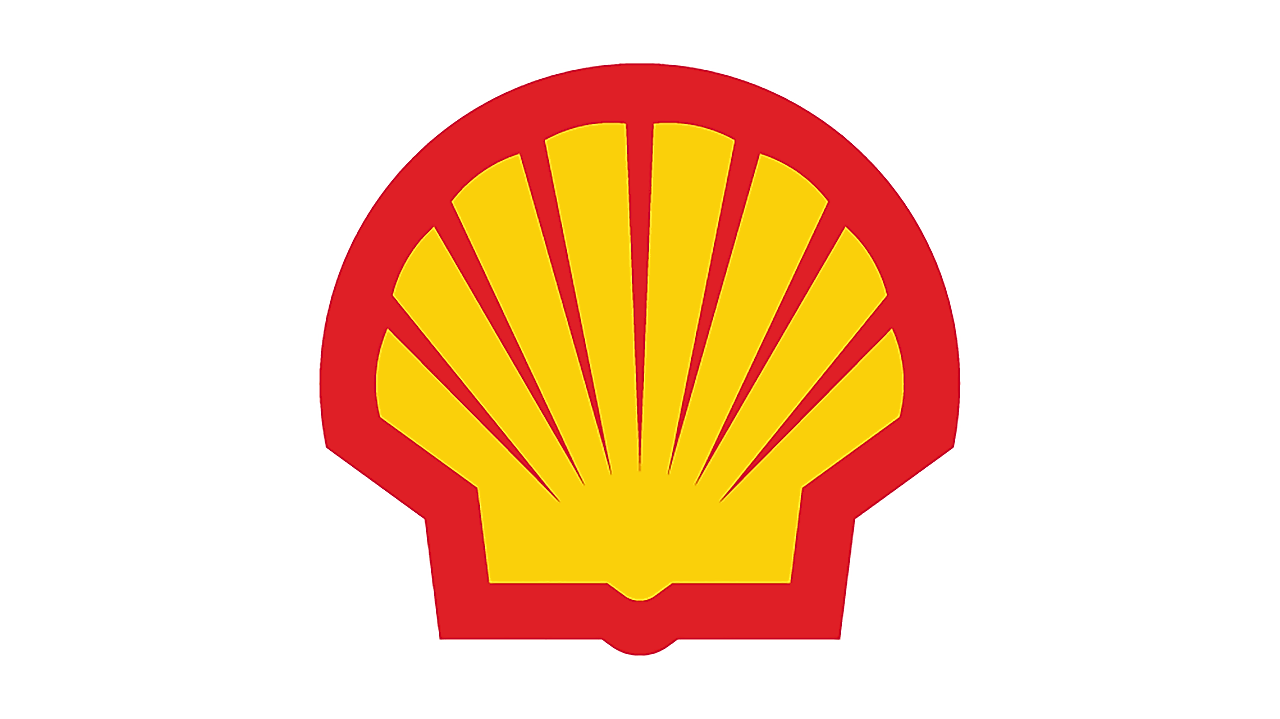
How to manage car costs for the financial year ahead
From getting the best deal to managing unexpected repairs and negotiating the best deal, a little planning can help get your car costs in order for the financial year ahead.

Maintaining a car can be one of the most volatile parts of your household budget. Whether it’s unexpected repairs or rising insurance premiums, it’s easy for expenses to blow out. But there are things you can do to better manage your car costs for the financial year ahead.
Budget your annual expenses
Write a list of your regular yearly car expenses: including insurance, comprehensive third party insurance and vehicle registration (a handy guide is available here). Then, look back at your bank statements to see how much you’re spending every month on petrol and include that amount in your budget. Set a regular reminder in your calendar a few weeks before payments so you don’t forget.
Pay monthly… or annually
Many insurance companies and roadside assistance groups allow you to pay monthly or annually, often offering a discount if you pay up-front for the year. Depending on your situation, you can opt to maintain your cash flow and pay monthly, or take the discount by paying upfront.
Get the best deal
From car repayments to insurance premiums, make sure you’re getting the absolute best deal when it comes to car expenses. There are a number of online comparison tools that will generate quotes from various car insurance companies. Once you’ve found a good deal, pick up the phone and ask for an even better rate, or take your quote to your current insurer, to see if they will match it. Likewise, if you have a loan on your car, work out if you’re getting the best interest rate, and find out if you can get a better option from a competing lender.
Don’t skimp on a mechanic
When it comes to cars, prevention is better than a cure. Make sure you don’t skip on your regular car maintenance: a dirty oil filter can impact your petrol mileage, while having your brakes checked isn’t just about keeping the car going – it’s also about safety. Remember that if your car is making unusual noises or just doesn’t feel like it’s driving well, don’t put off taking it to a mechanic: the longer you leave a mechanical issue, the more it will cost to fix.
Create a blowout fund
Unexpected car repairs can up-end even the most meticulously planned budget. Consider establishing a separate bank account with funds for urgent repairs, accidents or unexpected costs.
Routinely inspect your tyre pressure
Check your tyre pressure regularly to make sure they are set to the correct PSI (pound per square inch). You can find the recommended PSI for your car in your owner's manual, and it should also be listed on the tire placard attached to the vehicle door edge, doorpost, glove box door, or fuel door. There are plenty of myths regarding over and underinflated tyre pressure, and fuel consumption, but tyres set to the incorrect PSI burn through more fuel and are more susceptible to damage or blow outs.
Take care
It pays to be a cautious driver. Hold off on putting pedal to the metal or braking too hard: accelerating at speed wastes petrol, while slamming on the brakes can lead to wear and tear on your car. Being safe on the road can also help your hip pocket: many insurers offer a no-claim bonus or a reduced rate for safe driving if you avoid accidents.
Disclaimer
Viva Energy Australia Pty Ltd (“Viva Energy”) has compiled the above article for your general information and to use as a general reference. Whilst all reasonable care has been taken by Viva Energy in compiling this article, Viva Energy does not warrant or represent that the information in the article is free from errors or omissions or is suitable for your intended use.
You may also be interested in

By Shell on Jun. 14, 2022

By Shell on Feb. 15, 2022

By Shell on Feb. 16, 2023